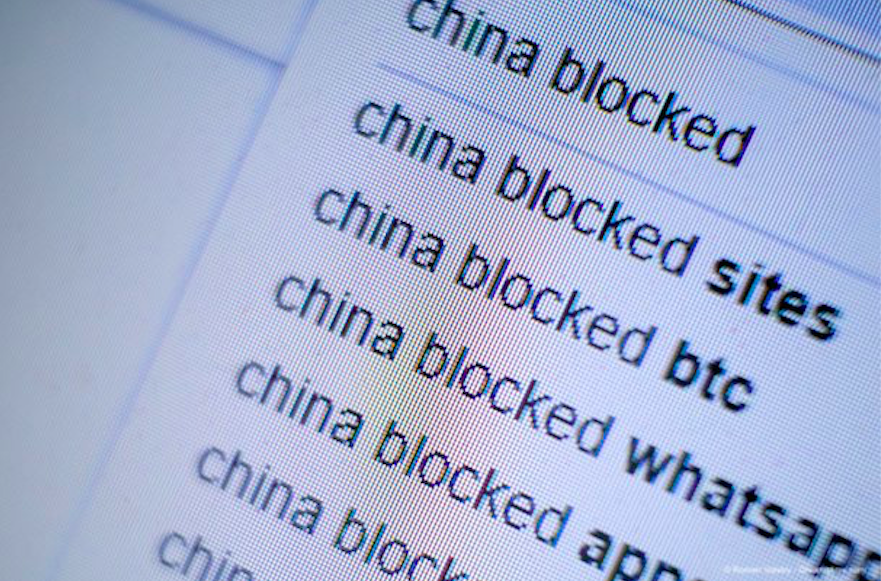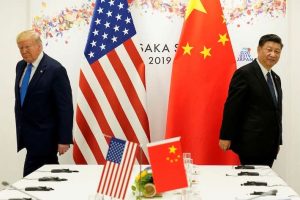Three days after a sweeping new ordinance on Internet content and administration came into force in China, most virtual private network (VPN) apps are still working, and surfers can still circumvent the government’s draconian censorship and access restriction measures.
VPN services, which have become essential for Chinese scholars and foreign residents and visitors wishing to gain full access to the Internet, appear to have been spared by Beijing as it seeks to exert greater control over the cyber domain. Netizens can still access Google, Facebook and Twitter, as well as content deemed to be politically inimical or aimed at maligning the Communist Party, although some VPN providers have been experiencing intermittent connection issues since February.
Major commercial VPN platforms favored by netizens – ExpressVPN, NordVPN, etc – that mask a user’s IP address and unblock banned sites have been unaffected thus far.
It remains to be seen, however, if censors and the Internet watchdog will vigorously enforce the new rules and clamp down on VPNs, as Beijing demands more stringent oversight. Internet service providers and users bear the same legal liability as content providers if “incorrect” or “destabilizing” information is uploaded and propagated online, meaning every party along the line can be implicated.
It was feared when the new law was swiftly drafted, rubber-stamped and promulgated earlier this year that it could mark the beginning of the end for VPNs as well as fanqiang, an argot used by Chinese netizens meaning climbing over the wall to riffle through the free, uncensored Internet of the West and across to Hong Kong and Taiwan to look for anecdotes about Communist Party infighting or just a popular TV series that is not shown on mainland China.
The deliberation and roll-out of the new rules were apparently hastened since the start of the legislative process in December, even without the usual pro forma input from the National People’s Congress. The new rules include 11 categories of illegal information and acts ranging from jeopardizing national security, divulging state secrets, and defaming state leaders to rumormongering, sensationalizing headlines and manipulating figures such as the number of hits a video or post gets
The new law effectively mandates that Internet service providers can post only “positive” content about the country. Also, some observers say the promulgation has been carefully timed to enable Beijing to further muzzle dissenting voices and criticism of the party and government as the nation battles the novel coronavirus contagion, the worst outbreak seen since SARS in 2003.
The Financial Times also reported in February about disruptions to some VPN operators, and that getting around the “Great Firewall” would always be difficult during a testing time for Beijing.
At least five prominent medical experts and journalists – including the coronavirus whistleblower Dr Li Wenliang – were either reprimanded or detained after speaking out about the outbreak when central and local cadres in Wuhan sought to make light of the situation in early January.
When Li was killed by the pneumonic infection he first sounded the alarm about, Chinese netizens mourned his death by calling for an end to censorship amid an outpouring of angst, before most of there posts were pulled by WeChat and Weibo.
























